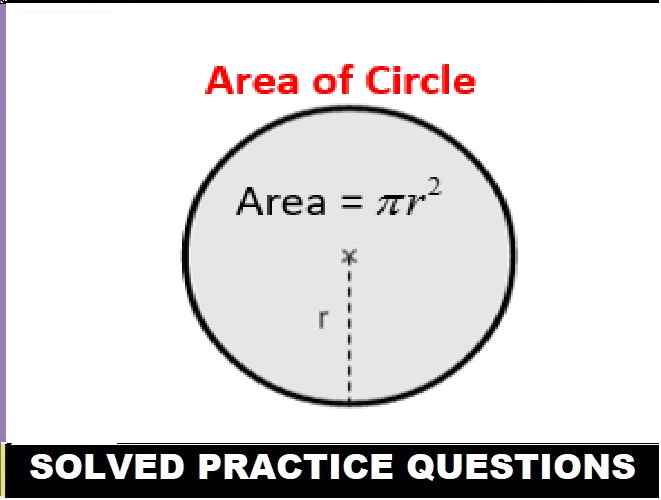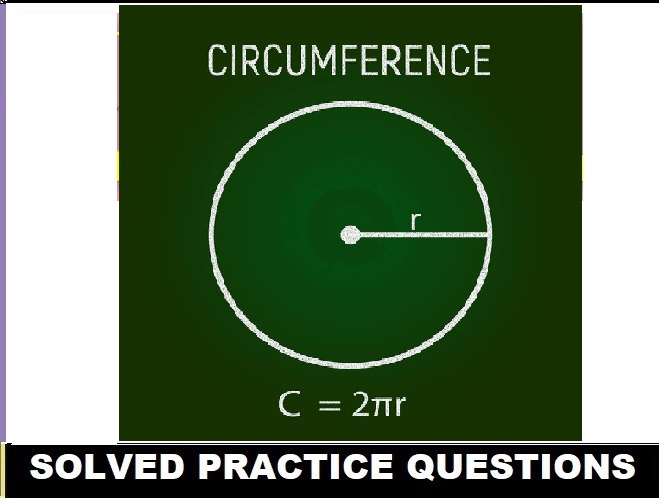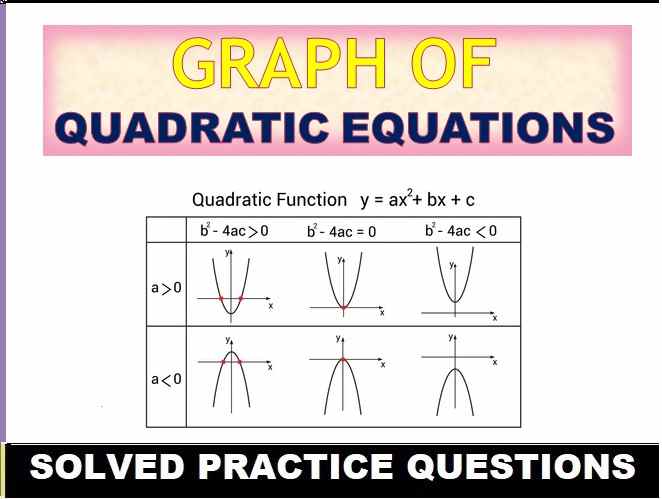MCQ The Union Legislature for ICSE Civics Class-10. These MCQ / Objective Type Questions is based on latest reduced syllabus according 2021-22 session on bifurcated pattern. Main motto of MCQ Type Question is cracking the next upcoming exam of council. Visit official website CISCE for detail information about ICSE Board Class-10 Civics .
MCQ Type Questions The Union Legislature for ICSE Class-10 Civics
| Board | ICSE |
| Class | 10th (X) |
| Subject | Civics |
| Chapter | The Union Legislature |
| Syllabus | on bifurcated syllabus (after reduction) |
| Session | 2021-22 |
| Topic | MCQ / Objective Type Question |
ICSE Class-10 Civics MCQ Type Questions of The Union Legislature
Question 1: The salaries and allowances of the President, the Speaker, the Deputy Speaker, the Chairman and the Judges of the Supreme Court and High Courts are a part of ……………..
(a) Consolidated Fund of India
(b) Other expenditures of the Government
(c) Supplementary Grants
(d) Vote on Account
Answer (a) Consolidated Fund of India
Question 2: In general, how many Sessions are held in a year?
(a) Six
(b) Five
(c) Four
(d) Three
Answer (d) Three
Question 3: Who is the ex-officio Chairman of the Rajya Sabha?
(a) Prime Minister
(b) President
(c) Vice President
(d) Senate
Answer (c) Vice President
Question 4: Which one of these statements is not correct about the Question Hour?
(a) The President from time to time may summon each House of Parliament to the Question Hour as he/she may think fit
(b) The first hour of a sitting in both Houses is allotted for asking and answering of questions.
(c) Purpose is to obtain information on a matter of public importance or to ventilate a grievance.
(d) None of the above
Answer (a) The President from time to time may summon each House of Parliament to the Question Hour as he/she may think fit
Question 5: How are the members of the Rajya Sabha elected?
(a) By the Lok Sabha Speaker in consultation with the President
(b) Nominated by the President in consultation with the Council of Ministers
(c) Directly by the people
(d) By the members of the State Legislative Assembly of each state
Answer (d) By the members of the State Legislative Assembly of each state
Question 6: The Presiding Officer has to adjourn the House or suspend the meeting if the……….. of one-tenth of
the total number of members of Rajya Sabha are not met.
(a) Ordinances
(b) Salary
(c) Allowances
(d) Quorum
Answer (d) Quorum
Question 7: Who decides the salaries and allowances of MPs, Ministers, and Judges of Supreme Court and High Courts?
(a) Comptroller and Auditor-General of India
(b) Parliament
(c) Finance Minister
(d) President in consultation with the Chief Justice of India
Answer (b) Parliament
Question 8: Which one of these statements best defines an adjournment motion?
(a) To obtain information on a matter of public importance or to ventilate a grievance.
(b) A step taken against a group of Ministers or an individual Minister, expressing a strong disapproval of their policy or a programm.
(c) It pinpoints the failures of the Government in the performance of its duties and is moved only in the Lok Sabha.
(d) A method to check that public money is spent in accordance with the Parliament’s decision.
Answer (c) It pinpoints the failures of the Government in the performance of its duties and is moved only in the Lok Sabha.
Question 9: ……………… are those to which a member wishes to have an oral answer on the floor of the House.
(a) Starred Questions
(b) Unstarred Questions
(c) Short Notice Questions
(d) Quorum
Answer (a) Starred Questions
Question 10: Why does the will of Lok Sabha prevail at a joint sitting with the Rajya Sabha?
(a) Rajya Sabha has no power to vote
(b) As total membership of Rajya Sabha is less than even half of the total strength of Lok Sabha
(c) No-Confidence Motion can only be moved in the Lok Sabha
(d) The Council of Ministers are collectively responsible to the Lok Sabha
Answer (b) As total membership of Rajya Sabha is less than even half of the total strength of Lok Sabha
Question 11: Which of these statements is correct about No Confidence Motion?
(a) The Cabinet Ministers are collectively responsible to the Parliament
(b) No Confidence Motion can be moved by the ruling party against the Opposition
(c) The lower House passes No Confidence Motion only when it carries the support of at least 50 members
(d) The Motion has to be taken up for discussion within 15 days from the day on which leave is granted.
Answer (c) The lower House passes No Confidence Motion only when it carries the support of at least 50 members
Question 12: Complete the given analogy.
Lok Sabha : 552 members :: Rajya Sabha : ?
(a) 238 members
(b) 245 members
(c) 240 members
(d) 250 members
Answer (d) 250 members
Question 13: A person shall not be qualified to be elected for a seat in the Lok Sabha if he/she is not registered as a/an…………… in any of the………….
(a) Candidate, States
(b) Anglo-Indian, Reserved constituencies
(c) Member of Legislative Assembly, States
(d) Voter, Parliamentary constituencies
Answer (d) Voter, Parliamentary constituencies
Question 14: What enabled distinguished persons to have place in the Upper Chamber?
(a) Election
(b) To be appointed as Speaker
(c) Principle of nomination
(d) Quorum
Answer (c) Principle of nomination
Question 15: …………… is not subject to dissolution by the President
(a) Lok Sabha
(b) Rajya Sabha
(c) Both (a) and (b)
(d) None of the above
Answer (b) Rajya Sabha
Question 16: Which of these statements is correct about the power of the Houses over financial matter?
(a) A Money Bill can only be introduced in the Lok Sabha
(b) The Lok Sabha only has the power to vote on the Demands for Grants
(c) Rajya Sabha can discuss the Grants
(d) All of the above
Answer (d) All of the above
Question 17: If the Budget is not passed before the beginning of the financial year,…….. authorizes the Executive
to draw funds from the Consolidated Fund until the Budget is passed by the Parliament
(a) Vote on Account
(b) Money Bill
(c) Demands for Grants
(d) Supplementary Grant
Answer (a) Vote on Account
Question 18: What is the term of the Rajya Sabha?
(a) Two-thirds of its members retire at the end of every second year
(b) One-third of its members retire at the end of every second year
(c) Two-thirds of its members retire at the end of every year
(d) One-third of its members retire at the end of every year
Answer (b) One-third of its members retire at the end of every second year
Question 19: To be chosen as a member of the Rajya Sabha, a person must be a citizen of India and not less than ………… years of age.
(a) 25
(b) 30
(c) 35
(d) 18
Answer (b) 30
Question 20: The Vice President of India has no right to vote in the Rajya Sabha except to……………..
(a) Break a tie
(b) Vote on Account
(c) Demand for Grants
(d) Vote for Speaker
Answer (a) Break a tie
Question 21: The President may promulgate a/an….. when the Parliament is not in session
(a) Vote on Account
(b) Ordinance
(c) Money Bill
(d) Demands for Grants
Answer (b) Ordinance
Question 22: In case of conflict between a …………….. and ……………… law, the law made by Parliament shall prevail.
(a) Central, Concurrent
(b) Concurrent, State
(c) Central, State
(d) Central, Residuary
Answer (c) Central, State
Question 23: What do you understand by federal structure of government?
(a) All powers of administration lies with the Centre
(b) A union of sovereign groups or states united for certain common purposes
(c) A method of dividing power between the central government and local state governments that are connected
(d) Rule by a king or a queen
Answer (c) A method of dividing power between the central government and local state governments that are connected
Question 24: A……………… is the minimum number of members required to be present before a meeting is allowed to begin.
(a) Zero Hour
(b) Adjournment
(c) Term
(d) Quorum
Answer (d) Quorum
Question 25: Who needs to sign the Bill passed by the Parliament for it to become a law?
(a) President
(b) Prime Minister
(c) Finance Minister
(d) Chief Justice of India
Answer (a) President
Question 26: When a ……………. is in operation, the life of House may be extended by a law of Parliament.
(a) Question Hour
(b) Proclamation of Emergency
(c) No Confidence Motion
(d) Budget Session
Answer (b) Proclamation of Emergency
Question 27: Control over ………………. gives proof of the Lok Sabha’s superiority.
(a) Censure Motion
(b) National Treasury
(c) Adjournment Motion
(d) The Budget
Answer (b) National Treasury
Question 28: The Rajya Sabha needs to pass a resolution by majority to for thee Parliament to make a law on matter of State List in national interest.
(a) One-tenth
(b) One-third
(d) One-half
(d) Two-thirds
Answer (d) Two-thirds
Question 29: What is the number of members required for the quorum to constitute a meeting?
(a) One-tenth of the total number of members
(b) Two-thirds of the members of the House
(c) At least 50 members
(d) 530 members
Answer (a) One-tenth of the total number of members
Question 30: The Sessions of each House of the Parliament is summoned by the…………….an
(a) Lok Sabha
(b) Speaker
(c) Deputy Speaker
(d) President
Answer (d) President
Question 31: Complete the given analogy.
Rajya Sabha : Deputy Chairman :: Lok Sabha : ?
(a) Opposition Leader
(b) Deputy Speaker
(c) Speaker
(d) Chairman
Answer (b) Deputy Speaker
Question 32: Rajya Sabha has power to
(a) Elect and impeach the President
(b) Cast their vote on Demands for Grants
(c) Both a and b
(d) Only b
Answer (a) Elect and impeach the President
– : End of MCQ The Union Legislature for ICSE Civics Class-10 :-
-: also visit :-
- MCQ Type Questions for ICSE Class-10
- ICSE Class-10 Text book Solutions, Notes , Syllabus, Paper, Notes
Please share with your ICSE friends if it is helpful
Thanks



Very nice
Thank you a lot
You are too good
You helped me a lot in the preperation for my exam
thanks and now focus on sem-2 of which specimen paper has been solved uploaded